Music Without Borders
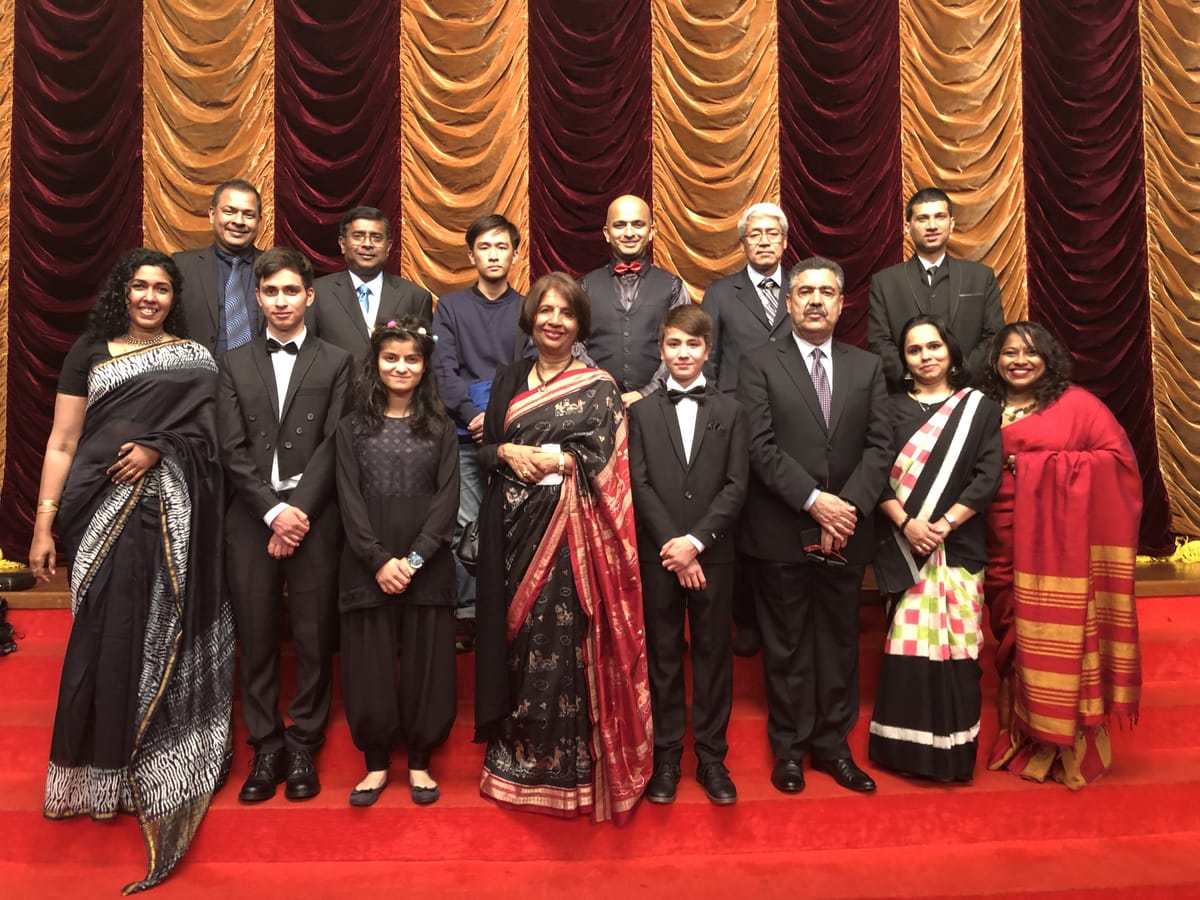
Diplomat, author, poet and academic, Nirupama Rao has added more hats to the many she already wears, most recently, those of composer and singer. A former Union Foreign Secretary, and Indian ambassador to the US, China and Sri Lanka, Rao has brought her considerable skills in diplomacy to a project that is clearly close to her heart, of promoting peace and understanding in the South Asia region through the universal language of music. The founder of, with husband Sudhakar Rao, the South Asian Symphony Orchestra, Rao is currently planning the SASO’s next concert (one was held earlier this year in Sri Lanka) to be held in April next year. Expansion is also on the cards with talent being sourced from, India apart, Afghanistan, Nepal, Pakistan, Bhutan and Bangladesh.
Priya Chaturvedi: You have harnessed your love of music to your career as a diplomat to create the South Asian Symphony Foundation. Please share the journey that culminated in this Foundation.
Nirupama Rao: The region of South Asia deserves to be more inter-connected and integrated through better people-to-people ties, especially among the youth who inhabit the eight countries that constitute it. In my long years in the field of diplomacy, this conviction stayed with me throughout, despite the challenges and constraints created by political tensions, violence and extremism, and territorial disputes. I felt that we must build a collective determination to foster initiatives that promote peace and better understanding in our region. Music is one of those instruments that help unite where there is division and difference. Some years into my retirement, I have now taken steps to set up the Trust named The South Asian Symphony Foundation which will work with musicians from Afghanistan, Bangladesh, Bhutan, India, Maldives, Nepal, Pakistan and Sri Lanka to set up a full-fledged South Asian Symphony Orchestra.
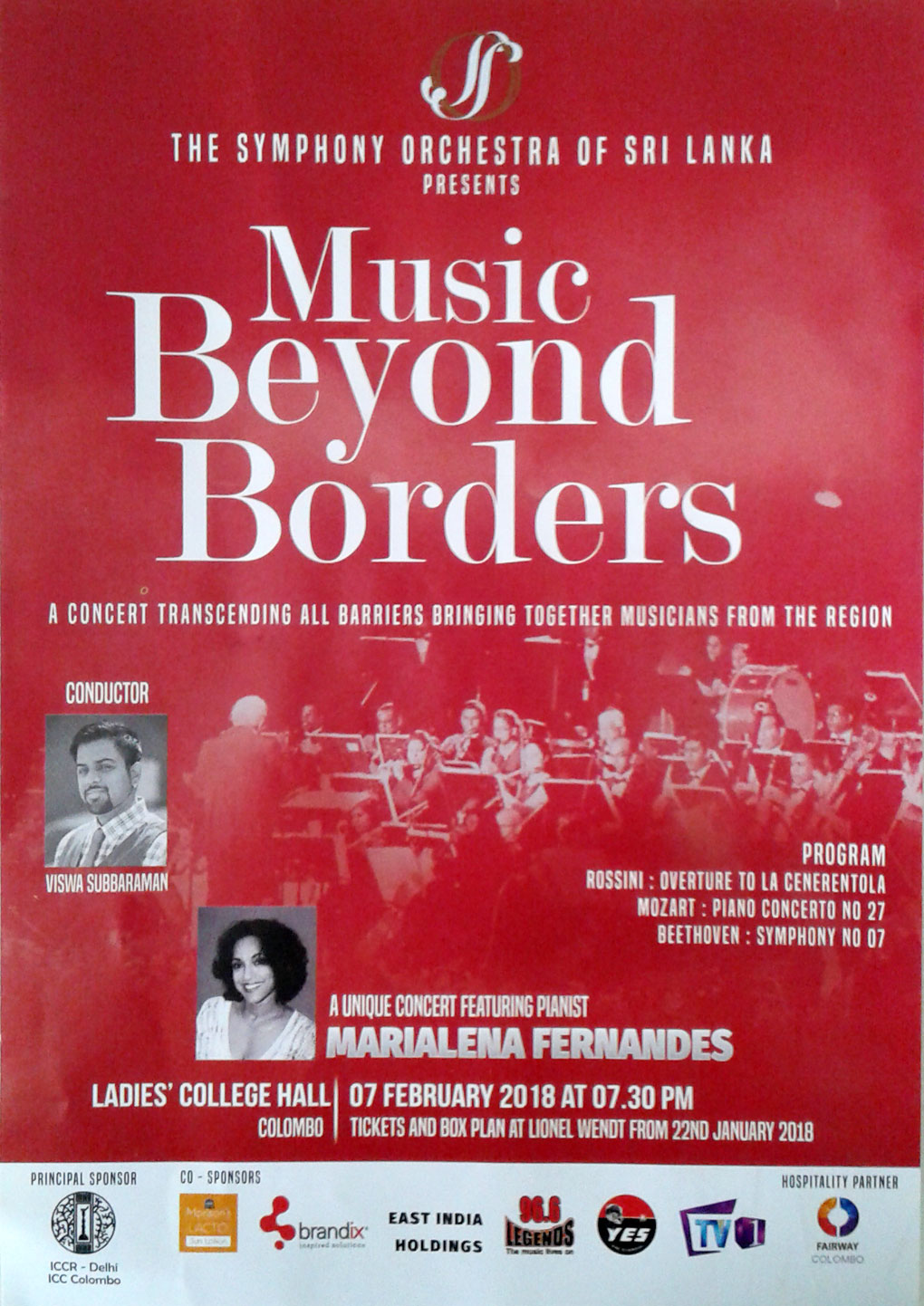
PC: What are the immediate plans for the Foundation`s activities in the areas of workshops and lectures/training in orchestral music for young musicians?
NR: We held our first concert in Colombo, Sri Lanka in February 2018. Musicians from India and Sri Lanka played under the baton of conductor Viswa Subbaraman, who is Indian-American, in a performance that featured Beethoven, Mozart and Rossini.
In August 2018, we held a workshop in Ooty in Tamil Nadu, where we brought young musicians from Afghanistan, Nepal, Sri Lanka and India together to learn from master teachers from India and Sri Lanka. Our next activity will be a concert in Mumbai in April 2019. Planning is underway for this event. The workshop at Ooty was particularly memorable. The young participants from Afghanistan were all profiles in courage, they had battled very trying conditions in their home country to pursue their passionate dedication to music. This brought home even more strongly to me that we must never give up our effort to sustain and promote our joint efforts to strengthen music education in South Asia because it can also be a foundation to promote democratic values and the rejection of terrorism and extremism.
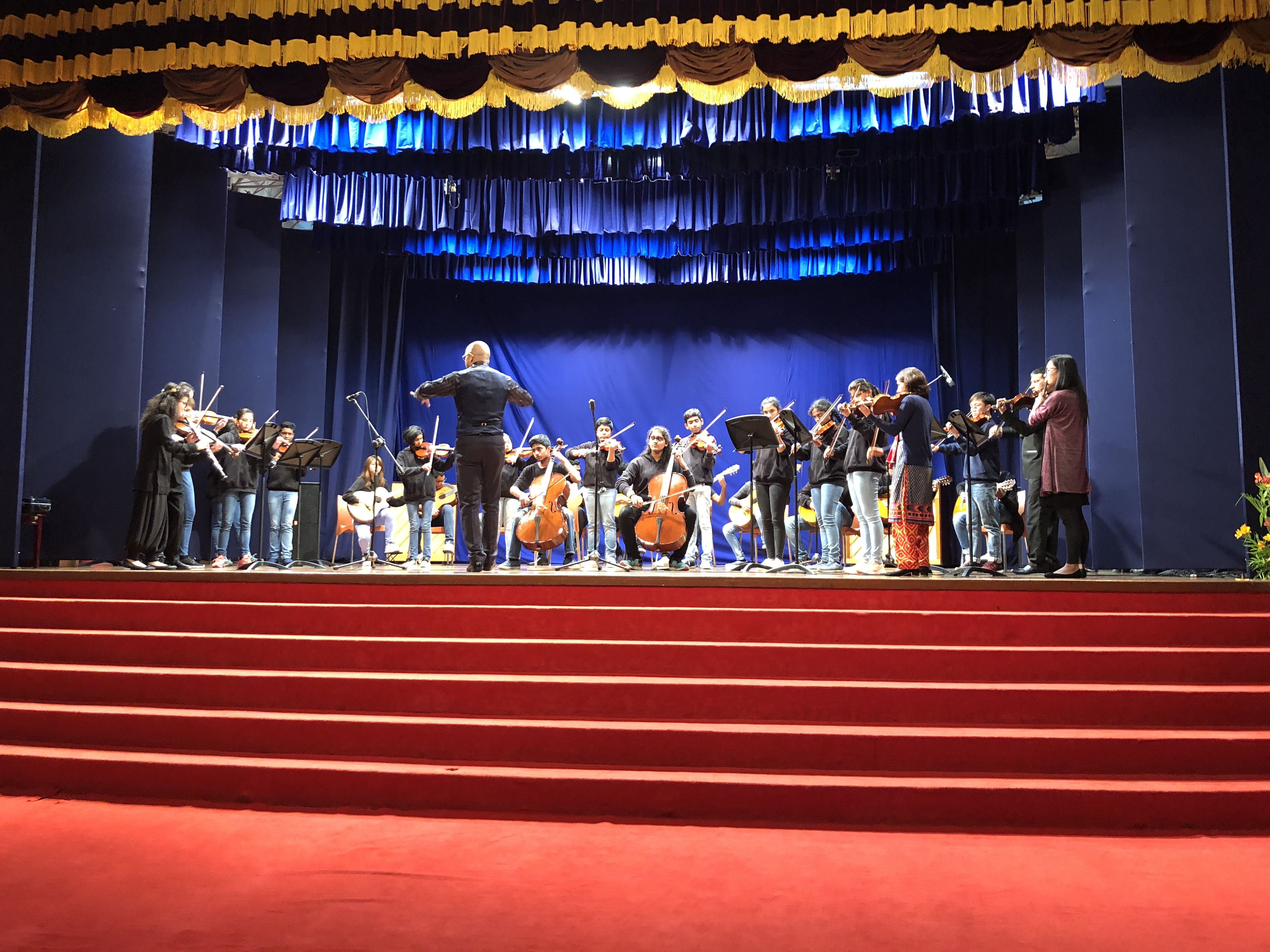
PC: You have spoken of an eclectic selection of music which the Foundation will support— folk, Hindi film, Western art (classical). This is indeed a vast canvas. How do you plan to take this forward?
NR: The orchestra will be formed on the lines of a Western philharmonic orchestra so we must not and cannot ignore the Western classical tradition. In a philharmonic, the members learn to be part of one united effort to create beautiful music and harmony and the result is so striking. So, we must be able to learn from that process because it will also inculcate habits of cooperation among our young people, regardless of what nationality they possess. I have also mentioned that we need a South Asian Songbook of our folk and popular music that is notated for orchestral performance. Many western orchestras play popular music also and this widens the circle of an interested audience. Some of our musicians have begun to orchestrate film music for instance and that is one way to promote greater appreciation of the beauty of fifty to seventy musicians all performing together in a grand orchestra, in a well-disciplined and harmonious manner.
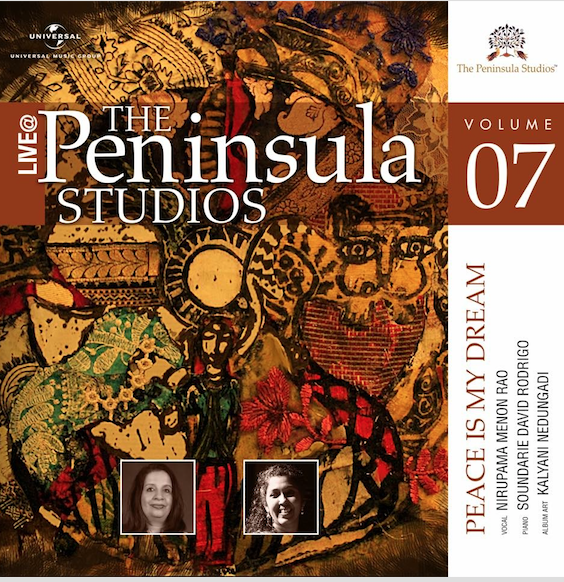
PC: You are both a performer and a composer. After ‘Peace is my Dream’, have you composed other songs?
NR: I wrote the words for what I call a South Asian anthem recently. The music for it has been composed by Rajkumar Shreshtha of Kathmandu and Ashwini Koushik of Bangalore. Both of them are closely associated with The South Asian Symphony Foundation.
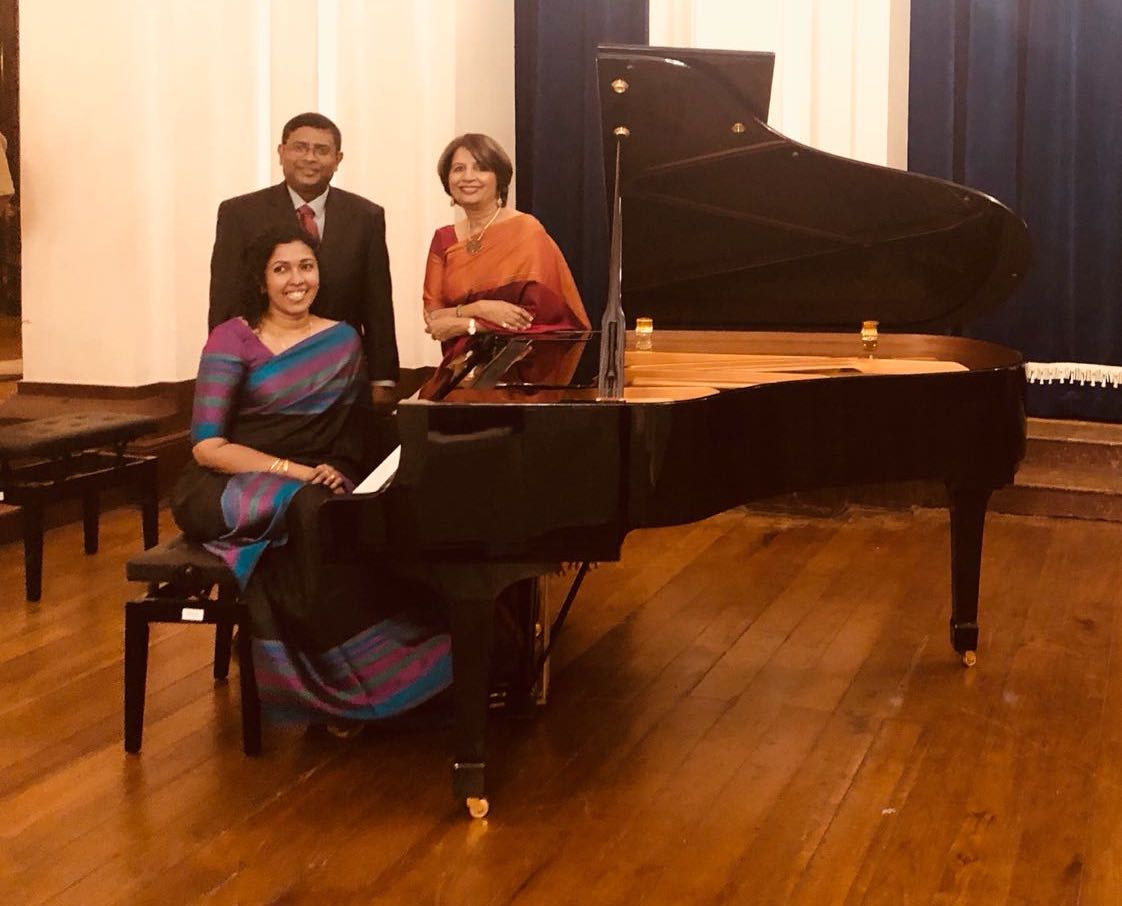
PC: Western classical music, while it is gaining wider awareness, remains a niche area in India. Do you see it gaining in popularity amongst young listeners and performers in India?
NR: I think there is growing momentum that one sees for the study of Western classical music. What we need are more teachers and the availability of musical instruments. One needs to see how countries like Japan, Korea, and China have excelled in this field and nurtured players and performers in the Western classical tradition that are among the best in the world. One must also realize that nurturing such excellence raises a country’s global profile, just as excellence in the arena of sports like athletics, tennis, football or cricket, brings international acclaim. It is also a channel through which we can trigger greater international interest in our own traditions, our culture, our music because the interest of a global audience in our country will only deepen if we are seen as reaching out and speaking a global language of music.
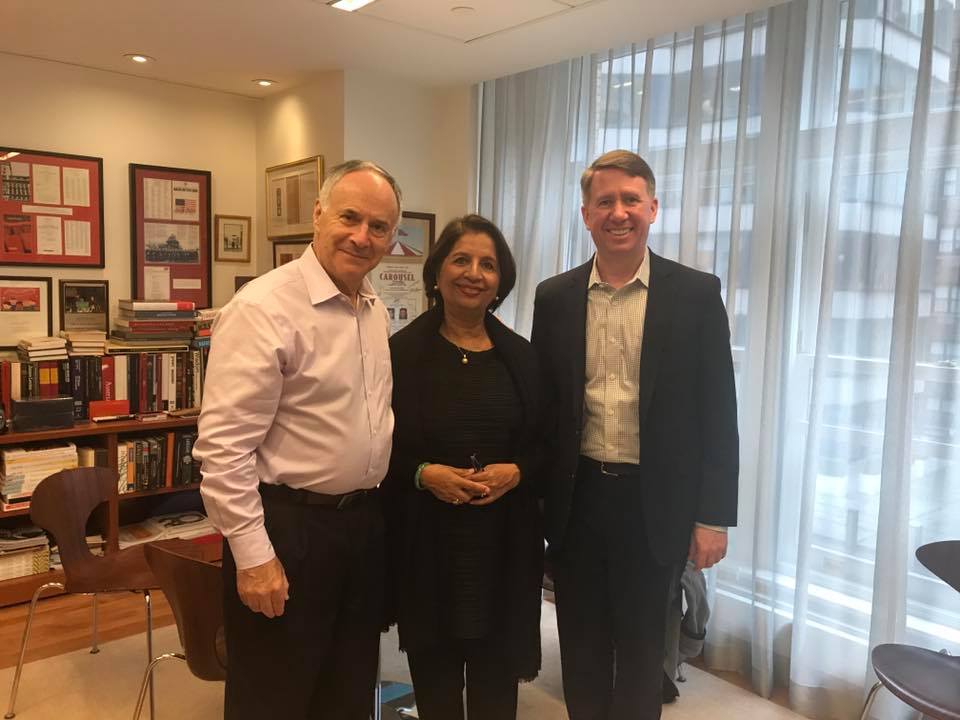
PC: Could you specify the role music can play in promoting cultural diplomacy in South Asia?
NR: Music can bridge borders. It can build friendship at a very human level, away from the politics of confrontation. It can heal alienation. Greater contact and better communication is one of the goals of the practice of diplomacy. These are simple steps, but they can go a long way in building better mutual understanding.
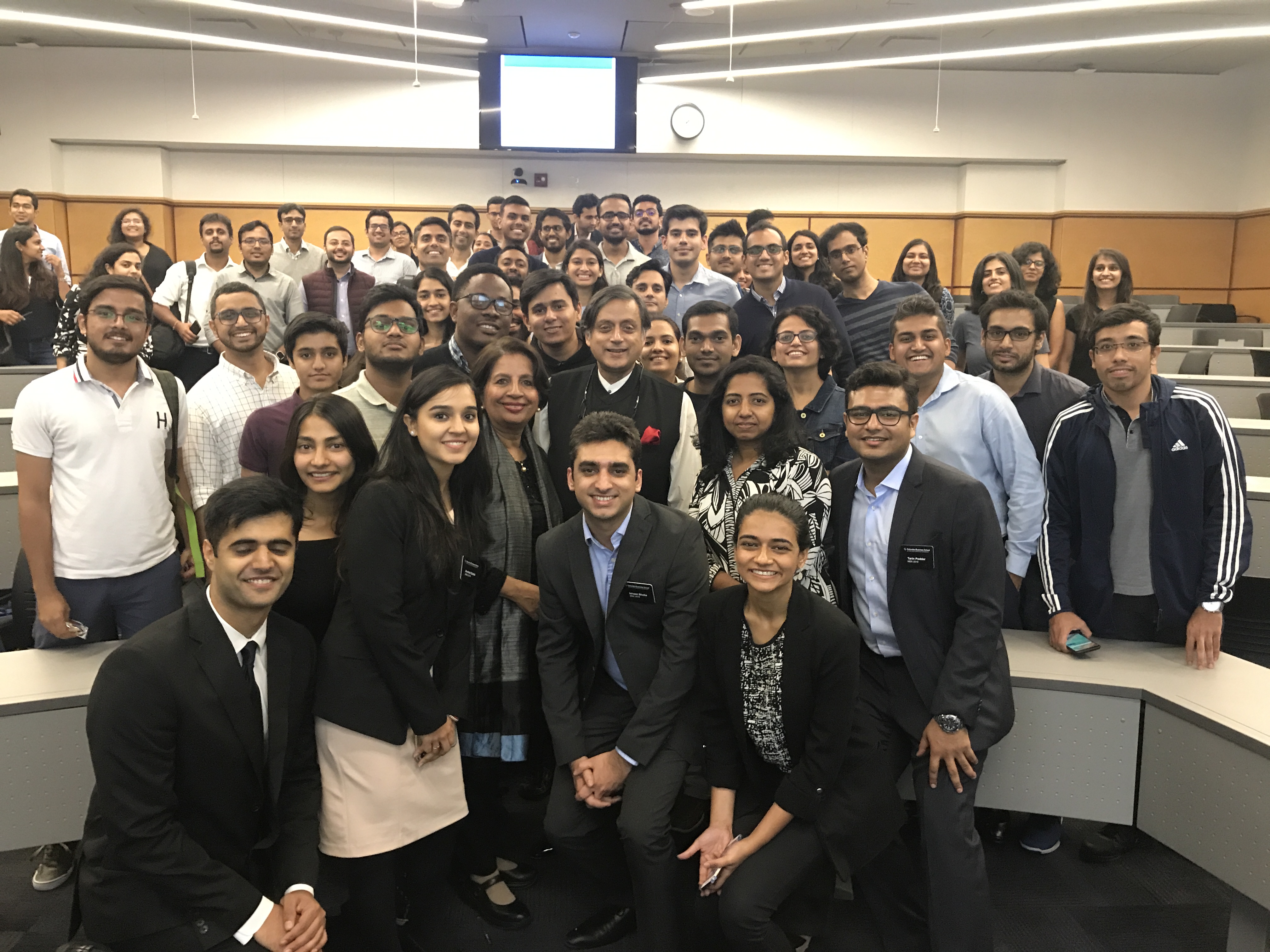
PC: Along the lines of ‘Desert Island Discs’, please share your top five favourites in music.
NR: I love the aria Connais tu le pays from the French opera, Mignon by Ambroise Thomas. It is such an exquisite portrayal of love for one’s land of birth.
Another favourite is Mon cœur s’ouvre à ta voix from the opera Samson and Delilah by Saint-Saëns. I love it for the depth of emotion, pain and longing it expresses.
Forever Young by Joan Baez: Joan Baez was my favourite singer in my youth and her singing about peace, and her opposition to war, inspired me greatly.
Vaishnava Janato: Gandhiji’s favourite bhajan. The lyrics are a message for all of humanity.
Op. no. 35 from Rimsky-Korsakov’s Scheherazade: the Russians have a way with expressing the beauty and majesty of the imagined Orient.





